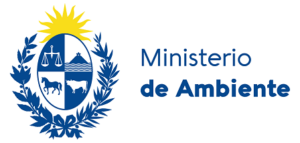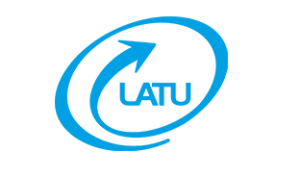The Basel Convention Coordinating Center, Stockholm Convention Regional Center for Latin America and the Caribbean based in Uruguay (BCCC-SCRC) is working with the United Nations Environment Programme (UNEP) on the project “Regional Perspective on Waste Management in Latin America and the Caribbean”.
At the regional level, the countries of Latin America and the Caribbean requested the development of a regional perspective on the main challenges, trends and policies related to integrated waste management and minimization, so that it can be used as a guide for the design and implementation of policies, plans, programs and projects.
UNEP’s International Environmental Technology Centre (IETC), in collaboration with the International Solid Waste Association (ISWA), have taken the lead in this initiative; developing the Global Waste Management Outlook (Global Waste Management Outlook, 2015) as a tool to provide an overview for policymakers, analysis and recommendations for action on policy instruments and financing models for waste management. The GWMO has been the result of two years’ work and provides the first comprehensive global overview of the state of play, in the 21st century, of waste management worldwide. It is an important and timely report that calls the international community to action.
The Regional Outlook on Waste Management (ROWM) is based on the Global Waste Management Outlook (GWMO), taking into account the regional context and priorities. In this sense, the regional outlook will provide more information on regional trends and challenges, keeping indicators and policy benchmarks similar to the GWMO, thus the information collected will be complementary and comparative for future global and regional assessments, particularly in relation to policy and resource gaps.
Project objectives
1. Develop the Waste Management Outlook for Latin America and the Caribbean (LAC) to complement the Global Waste Management Outlook (GWMO). The Regional Perspective for Latin America and the Caribbean will allow a more in-depth analysis of the waste management situation in the region, reflecting its specific situation and allowing to compile, analyze, evaluate and compare information on waste generation (quantification and characterization) and waste management system (institutions, policies and implementation, financing mechanisms, infrastructure and technology, and roles of various stakeholders) across the countries of the region. It will also use case studies and propose tailored recommendations for the region.
2. Raise awareness of the holistic approach to integrated waste management.
3. Raise the political profile of waste management, especially to turn waste into a resource for growth and employment.
4. Raise the priority of policies and effective implementation to prevent waste generation leading to efficient technologies and resource conservation.


